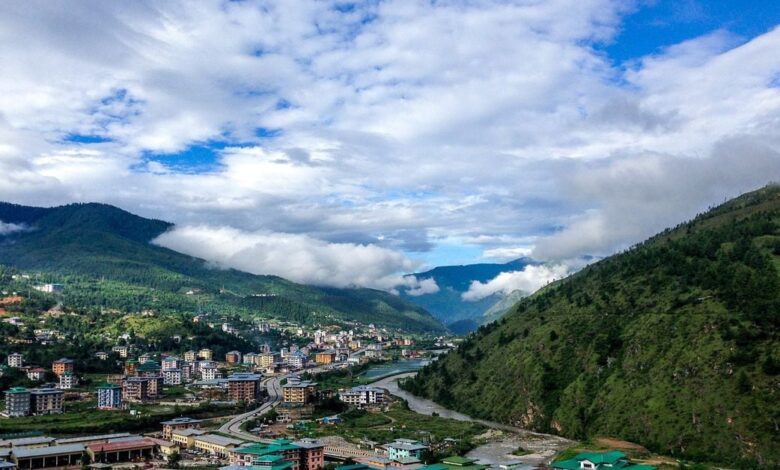
Bhutan, a country smaller than Switzerland, is known for its stunning landscapes and commitment to Gross National Happiness. However, despite its natural beauty, Bhutan faces economic challenges due to its limited economic diversification and underdeveloped private sector.
The country relies heavily on hydropower, tourism, and agriculture as its main sources of revenue. In 2022, Bhutan’s gross domestic product (GDP), which represents the total value of all finished goods and services produced within the country, was just under $3 billion. To put this into perspective, Bhutan’s GDP is approximately half that of the Maldives.
Despite its small size and limited economic resources, Bhutan has immense potential for growth and development. With its focus on sustainable development and environmental conservation, Bhutan is well-positioned to capitalize on its natural resources and unique cultural heritage to drive economic growth in the years to come.
Investing in Bhutan’s Future
As Bhutan continues to invest in infrastructure development and promote foreign investment, the country is poised to attract more businesses and create new opportunities for economic diversification. By leveraging its strengths in hydropower, tourism, and agriculture, Bhutan can further expand its economy and improve the livelihoods of its citizens.
With the right policies and support from the international community, Bhutan has the potential to emerge as a key player in the global economy. By harnessing its natural resources and promoting sustainable development practices, Bhutan can pave the way for a brighter future for generations to come.
Conclusion
In conclusion, Bhutan may be small in size, but it has big potential for growth and development. With a focus on sustainable development and economic diversification, Bhutan can overcome its economic challenges and emerge as a thriving economy in the region. By investing in its people and natural resources, Bhutan can build a prosperous future for all its citizens.







